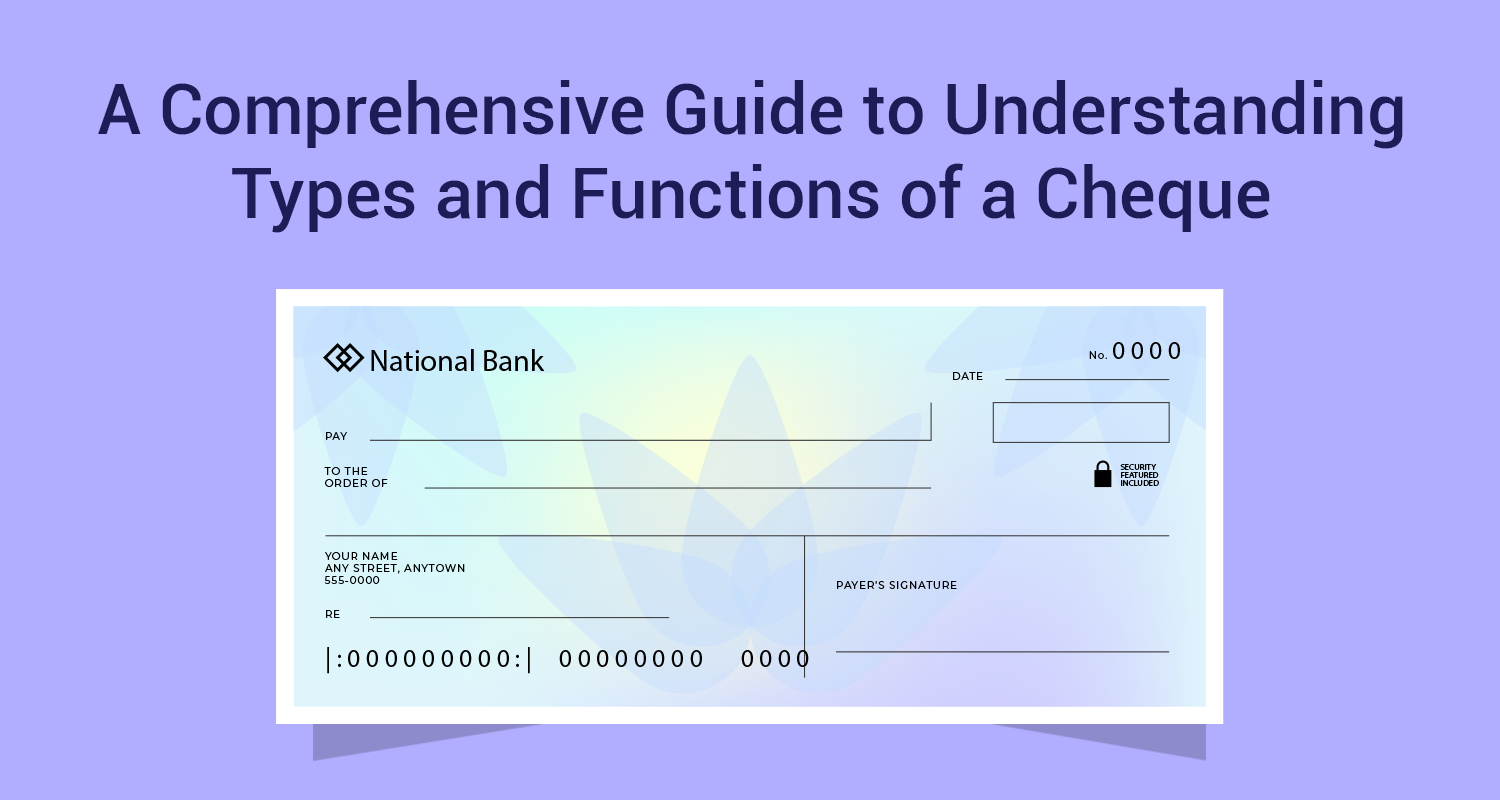Which Is Better – SIP or Lump-Sum Commitment?

How exactly should one invest in mutual funds? Of course we are talking more in terms of equity funds than of other funds. Should you opt for a lump sum investment in mutual funds, or should you adopt a systematic and phased approach to investing (SIP). Which works better for you and why? While a lump sum investment will grow in a bull market, the actual market is bullish for short periods of time and then it is volatile or directionless for long periods of time. That is when an SIP with its benefits of rupee cost averaging comes in handy. Here is how a SIP enhances your wealth better in the long run…
The Earlier You Start Your SIP, the Smarter You Are…
The earlier you start, the more your principal earns returns and therefore the more your returns earn returns. That is called the power of compounding. Interestingly, it is the time period that makes the biggest difference to your wealth; much more than the rate of return and the quantum of investment. Consider the representative chart below:
|
Particulars |
Investor A |
Investor B |
Investor C |
Investor D |
|
Starts SIP at age |
25 |
30 |
35 |
40 |
|
Ends SIP at age |
55 |
55 |
55 |
55 |
|
SIP Tenure |
30 years |
25 years |
20 years |
15 years |
|
SIP Amount |
Rs.5,000 |
Rs.10,000 |
Rs.15,000 |
Rs.20,000 |
|
CAGR Yield |
15% |
15% |
15% |
15% |
|
Total SIP Outlay |
Rs.18 lakhs |
Rs.30 lakhs |
Rs.36 lakhs |
Rs.36 lakhs |
|
SIP Value at 55 |
Rs.3.51 crore |
Rs.3.28 crore |
Rs.2.27 crore |
Rs.1.35 crore |
|
Wealth Ratio |
19.5 times |
10.9 times |
6.3 times |
3.8 times |
One thing is absolutely evident from the illustration above that the most important thing in SIP is to start early. Investor A starts early and despite creating the smallest SIP ends up being the biggest wealth creator. Compare Investors (C&D). Both have contributed Rs.36 lakh as SIP but just by starting 5 years earlier, wealth of C is substantially higher than that of D. The moral of the story is that even if you start small, start early!
Discipline and Dumb Loyalty Matter a Lot More When It Comes to SIPs
Once you start a SIP, ensure that you do not discontinue the SIP or that you do not miss on SIP contributions. There are two aspects to this argument. Ensure that you make the SIP as a discipline and treat other expenses as residual items. Unless you are able to maintain that discipline you will not be able to make the best of the SIP. If you stop the SIP in between, then your eventual wealth creation will be impacted. Secondly, your SIP is all about reinvestment of principal and returns. Always prefer a growth plan over a dividend plan. If you opt for a dividend plan, you will use up the dividend money and that will impact your final wealth creation.
Say No to Thematic Fund SIPs and Say Yes to Diversified Equity Funds
Investors are normally confused as to which fund to select for the SIP. You may be tempted to opt for a higher risk sector fund or thematic fund to enhance returns. That is against the basic grain of diversification which is the theme of mutual fund investing. You invest in mutual funds to diversify your risk and if you opt for a sector fund or a thematic fund you are going against the basic grain of diversification. We are talking of creating wealth over the next 25 to 30 years. It is always advisable to spread your risk and that is best achieved through diversified equity funds.
Where SIPs Really Score Is That They Can Be Tagged to Long Term Goals
If you do not know where you are headed, it does not matter how fast you run. The same principal applies to equity SIPs too? To make your SIP purposeful you must tag each SIP to a long term goal. For example, you can decide that two SIPs are for your retirement, one SIP is for your child’s education and another SIP is for your child’s wedding. You can have short term SIPs on liquid funds, medium term SIPs on debt funds and long term SIPs on balanced funds or equity diversified funds. The nature of the SIP can be structured according to your time frame and mission criticality of the goal. You cannot achieve this kind of tagging via lump sum investments. That is only possible through SIPs.
SIP is a great instrument of long term wealth creation. If you compare SIPs with lump sum investments, they score on two major counts. Firstly, SIPs even out the market volatility. Secondly, SIPs can be tagged to goals!
Disclaimer: The information contained in this post is for general information purposes only. IIFL Finance Limited (including its associates and affiliates) ("the Company") assumes no liability or responsibility for any errors or omissions in the contents of this post and under no circumstances shall the Company be liable for any damage, loss, injury or disappointment etc. suffered by any reader. All information in this post is provided "as is", with no guarantee of completeness, accuracy, timeliness or of the results etc. obtained from the use of this information, and without warranty of any kind, express or implied, including, but not limited to warranties of performance, merchantability and fitness for a particular purpose. Given the changing nature of laws, rules and regulations, there may be delays, omissions or inaccuracies in the information contained in this post. The information on this post is provided with the understanding that the Company is not herein engaged in rendering legal, accounting, tax, or other professional advice and services. As such, it should not be used as a substitute for consultation with professional accounting, tax, legal or other competent advisers. This post may contain views and opinions which are those of the authors and do not necessarily reflect the official policy or position of any other agency or organization. This post may also contain links to external websites that are not provided or maintained by or in any way affiliated with the Company and the Company does not guarantee the accuracy, relevance, timeliness, or completeness of any information on these external websites. Any/ all (Gold/ Personal/ Business) loan product specifications and information that maybe stated in this post are subject to change from time to time, readers are advised to reach out to the Company for current specifications of the said (Gold/ Personal/ Business) loan.



